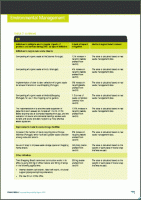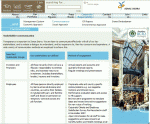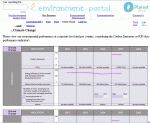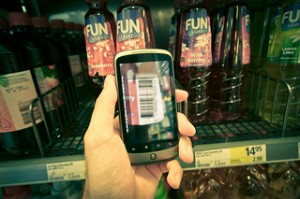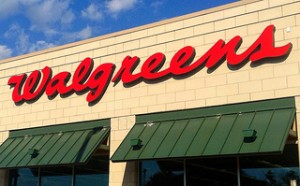“Oh, that’s just perfectly normal paranoia,” said Slartibartfast breezily. “Everyone in the universe suffers from that.”
It’s always good to know that the architects of the Earth, as depicted in Douglas Adams’ “The Hitch Hikers Guide To The Galaxy”, were aware of the fundamentals of life.
Nevertheless, it can be disconcerting to find these theories being borne out in real life.
For instance: I always had a sneaking suspicion that some smaller country was quietly getting on with sustainability without getting hung up over principle, cost or advantage.
That country, I’m starting to conclude, is Portugal. It appears to be a hotbed of Social Entrepreneurship, a centre for positive news reporting and, now, the home of the sustainable shopping centre.
The Three Pronged Approach
Originally a wood engineering company, Sonae has gone through turbulent times, including state ownership during the Portuguese revolution in the 1970s and a squabble over ownership between the sons of its founder and the current CEO.
Sonae Sierra, its shopping centre concern, is expanding internationally and has recently released its latest sustainability report, which is just short of 180 pages long.
This is exceptionally detailed and very well laid out. There are no superfluous images to distract from the main text, making it is easy to find and digest the data you’re after.
Alongside this, the company has a straightforward sustainability section on its main website and maintains a dedicated and separate Environment Portal.
Between them these web based presentations host an impressive array of data and discussion which some of the slicker sites would find difficult to equal.
You, Me And Everyone
For instance, the main website identifies no less than eight different stakeholder groups. This includes the important differentiation between customers and the community within which the shopping centres are located.
It also includes one most companies seem to miss, legislators, and also one close to my heart — the media. For the company goes on to detail how the group is defined and how they are engaged.
The company have also appointed their own ombudsman to act as an independent facilitator appointed on a three year basis. He gets his own page to introduce himself, including a video slot and clearly marked contact details.
There’s also the question of who visits the websites. The main website recognises Students, Investors, Journalists and Tenants and provides a handy set of links for each.
In addition, the Environment Portal meets the issue of accessibility head-on. High contrast and text resizing are available, as are text based descriptions of graphs and figures to allow screen reading software to transmit the data to those who may otherwise have difficulty reading it.
Taking all this together with not one but two statements from the company’s CEO and you’re left with the distinct impression of a company which is truly trying to make the difference.
Some Missing Buttons
Perfection, of course, is something which should never be achieved and Sonae Sierra’s sustainability content is not perfect.
Of particular note are the actual online figures. With such a wealth of statistics a company would be best advised to save analysts the job of wading through paper based reports and make their online presentations interactive. It’s also a shame that some of the figures which are online are out of date.
Nevertheless, it must not be forgotten that Sonae Sierra owns and manages shopping shopping centres across Europe and South America. This gives it terrific experience in differing regulatory and social environments.
So, while I was impressed to find soft fruit in my local Tesco from as little as 20 miles away, finding Sonae Sierra reporting on how their visitors are travelling to their shopping centres is simply in a different league.
The bar for retail sustainability reporting looks like it’s been raised across the board and seemingly more comfortable companies ought to take note least they be shown to be wanting.
A former CTO, Chris has a broad and varied background. He’s been involved with blue chips, consultancies & SMEs across a wide variety of sectors and has worked in Europe, the Middle East and Australia.
In 2007 he decided to combine his knowledge of business and IT with his passion for all things sustainable and has been busy writing ever since. However, his greatest ambition remains to brew the perfect cup of coffee.
